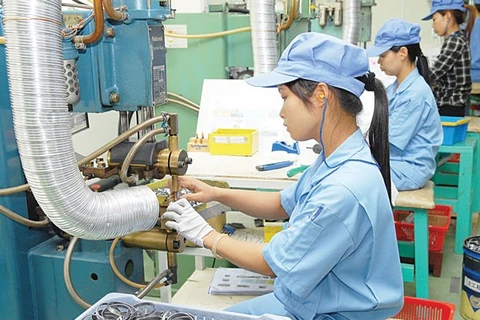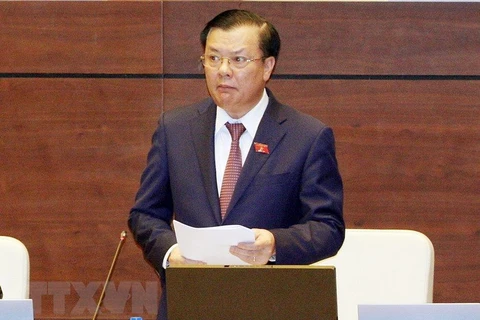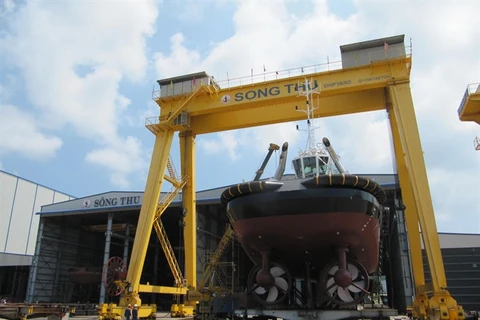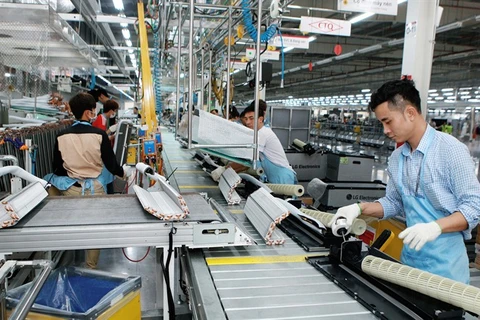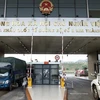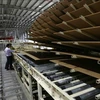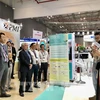Hanoi (VNA) - An international workshop on “Transfer pricing – Critical issues of current state management” was held in Hanoi on July 19, drawing 200 delegates from the National Assembly, ministries, central and local agencies, professional associations, universities, research institutes, international organisations as well as domestic and foreign businesses.
Opening the event, held by the State Audit of Vietnam (SAV) and the Association of Chartered Certified Accountants (ACCA), Ho Duc Phoc, Auditor General of the SAV, said in today’s globalised world, transfer pricing among affiliates that fall under different countries’ jurisdictions has become common practice. It has become a serious issue in every country in the world.
Transfer pricing was new in Vietnam 10 years ago, but today it is a common practice of not only foreign direct investment (FDI) enterprises but also Vietnamese enterprises (domestic transfer pricing), he said.
Transfer pricing, which has created unfair competition among economic actors, is pricing transactions of goods, services and intangibles between related parties such as a parent company and its affiliates.
Transfer pricing aims to minimise the obligation of enterprises to pay taxes so they can maximise their profits. Apart from tax avoidance, this practice has been used to charge high prices for certain goods in markets without intense competition.
The most common forms include the practice of transfer pricing to the value of investment assets, meaning that businesses will declare a much higher value (above the market price) in order to reduce future tax obligations.
Vietnam has made great efforts to create a legal framework for the tax sector to fight transfer pricing of enterprises, he said.
However, the legal framework remains inconsistent with many loopholes, and is not effective.
Phan Vu Hoang, Chairman of the Association of Chartered Certified Accountants (ACCA) in Vietnam, said that the action plan on Base Erosion and Profit Shifting (BEPS), which refers to tax avoidance strategies that exploit gaps and mismatches in tax rules to artificially shift profits to low or no tax, is being implemented in many countries, including Vietnam.
Multinational corporations, including Vietnamese enterprises wishing to invest abroad and foreign firms wishing to invest in Vietnam, will need to ensure compliance with countries’ transfer pricing regulations for their investment projects.
At the workshop, participants focused their discussions on price transferring in Vietnam and its impact on the economy; assessing the management in the field as well as shortcomings in management; and the role of the SAV, while proposing some solutions.-VNA
VNA

